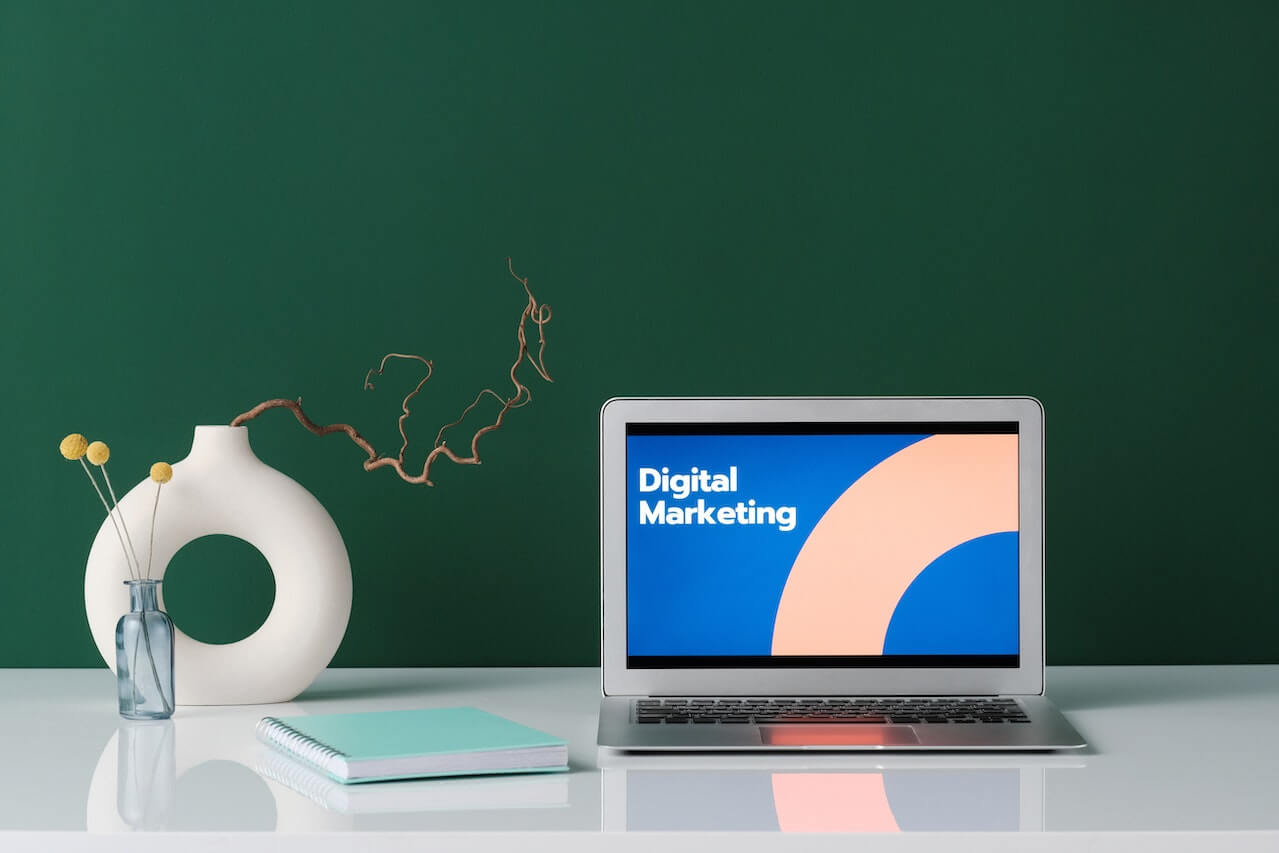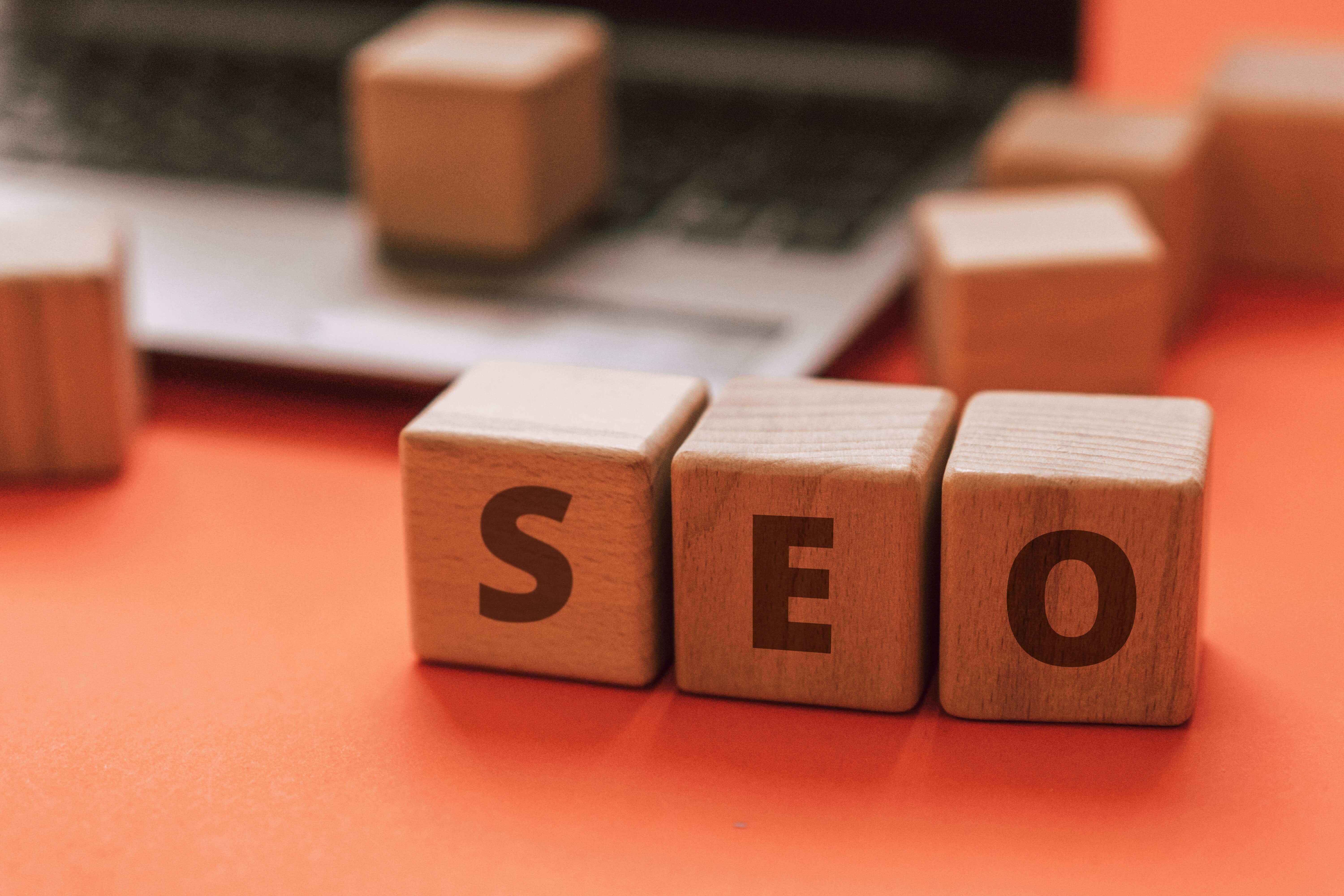Digital marketing is essentially online marketing for websites, and it can also be referred to as digital marketing services. There are a lot of large companies in this field, and they all have their own distinct approaches and areas of expertise that they put to good use.
However, search engine optimization (SEO) and digital advertising are not the same things, and full SEO services and digital marketing services are very different from one another. This is why developing an effective digital marketing strategy is so challenging.
To reassure our readers that this is not an unsolvable problem, we have put together a thorough guide to the entire digital marketing strategy process, including how to cover the basics.
The following are the stages we will cover as we walk you through the process of developing a digital marketing strategy:
Step 1: Develop A Customer Persona
With the advent of Buyer personas, the definition of a potential customer has shifted. Previously, digital marketers would gather demographic data about their audience, such as age, gender, occupation, interest, location, etc. An internet marketing consultant will likely echo your sentiments that going forward, the buyer persona is essential to the success of any marketing strategy.
Step 2: Know Your Goals And Tools
Users need to understand the significance of these online marketing solutions, as it is a well-known fact that no strategy will work or be successful without a goal. The first order of business now is to define the objective; if you can't even articulate your desired outcome, all your other efforts will be fruitless. The primary consideration when setting objectives is to ensure that they are appropriate and measurable.
Step No. 3: You Need To Pay More Attention To Blogging
Blogging is one way, or perhaps the best way, to produce content, quality content for a site, and broaden your content marketing strategy, both of which are essential components of an effective digital marketing campaign.
The goal here is to increase traffic to your site by improving its visibility in search engine results and on social media, competing favorably with similar businesses, and ranking highly for all relevant long-tail keywords. Maintaining a blog and updating it on a regular basis can increase traffic to your site, which can be used as a marketing tool.






.png)